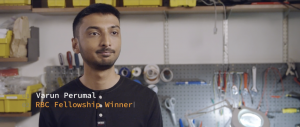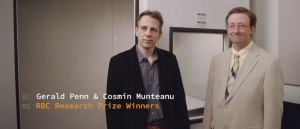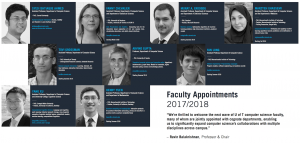Christopher Collins:
Finding What to Read: Visual Text Analytics Tools and Techniques to Guide Investigation
2017-12-05 12:30 at DGP: BCIT, 5th Floor
Abstract
Text is one of the most prominent forms of open data available, from social media to legal cases. Text visualizations are often critiqued for not being useful, for being unstructured and presenting data out of context (think: word clouds). I argue that we should not expect them to be a replacement for reading. In this talk I will briefly discuss the close/distant reading debate then focus on where I think text visualization can be useful: hypothesis generation and guiding investigation. Text visualization can help someone form questions about a large text collection, then drill down to investigate through targeted reading of the underlying source texts. Over the past 10 years my research focus has been primarily on creating techniques and systems for text analytics using visualization, across domains as diverse as legal studies, poetics, social media, and automotive safety. I will review several of my past projects with particular attention to the capabilities and limitations of the technologies and tools we used, how we use semantics to structure visualizations, and the importance of providing interactive links to the source materials. In addition, I will discuss the design challenges which, while common across visualization, are particularly important with text (legibility, label fitting, finding appropriate levels of ‘zoom’).
Bio
Dr. Christopher Collins is the Canada Research Chair in Linguistic Information Visualization and an Associate Professor of Computer Science at the University of Ontario Institute of Technology (UOIT). His research focus is interdisciplinary, combining information visualization and human-computer interaction with natural language processing to address the challenges of information management and the problems of information overload. His work has been published in many venues including IEEE Transactions on Visualization and Computer Graphics, and has been featured in popular media such as the Toronto Star and the New York Times Magazine. Dr. Collins is a past member of the executive of the IEEE Visualization and Graphics Technical Committee and the IEEE VIS Conference Organizing Committee, and received his PhD in Computer Science from the University of Toronto.







